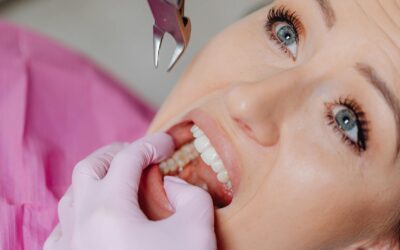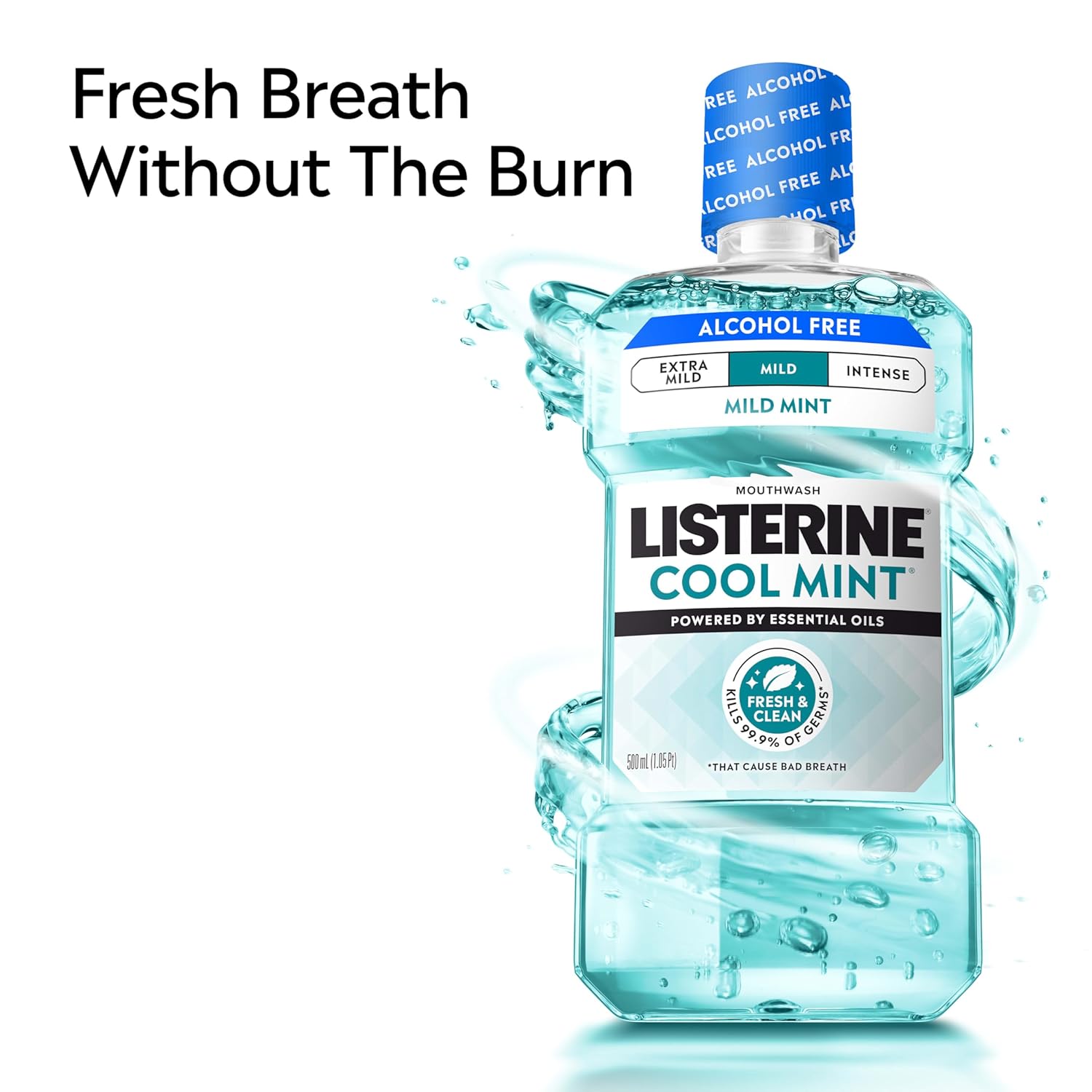Tooth infections are not just painful — they can also pose serious health risks if left untreated. While visiting a dentist is always recommended, many people look for natural remedies for tooth infection to manage the pain and reduce inflammation at home. Fortunately, nature provides us with several powerful solutions that can offer relief and support healing.
In this guide, we’ll explore 10 natural remedies for an infected tooth that have been used for generations — and are backed by modern research. If you’re searching for a natural remedy for infected tooth pain, you’re in the right place.
🦷 Note: If your symptoms persist, worsen, or you notice facial swelling or fever, seek professional dental care immediately. Natural remedies are meant to support—not replace—medical treatment.
What Is a Tooth Infection?
A tooth infection, often referred to as a dental abscess, occurs when bacteria invade the dental pulp — the innermost part of the tooth that contains nerves and blood vessels. This can lead to pus buildup, swelling, throbbing pain, and even fever.
Common symptoms of an infected tooth include:
- Persistent, sharp or throbbing toothache
- Swelling in the gums or face
- Bad breath or a foul taste
- Fever or swollen lymph nodes
Explore More: 10 Natural Antibiotics for Tooth Infection
Top 10 Natural Remedies for Tooth Infection That Really Work
1. Salt Water Rinse
A salt water rinse is one of the most accessible and effective natural remedies for infected tooth pain.
How it helps:
- Reduces inflammation
- Draws out infection
- Promotes healing
How to use it:
Mix ½ teaspoon of salt in a glass of warm water. Swish for 30 seconds, then spit. Repeat 2–3 times a day.
2. Garlic
Known for its potent antibacterial and anti-inflammatory properties, garlic can be a powerful natural remedy for tooth infection.
How it works:
- Kills harmful bacteria
- Relieves pain
- Boosts immunity
How to use it:
Crush a fresh garlic clove to release allicin and apply it directly to the affected area for a few minutes. You can also chew a raw clove if tolerable.
🧄 Pro Tip: Rinse with warm water after using garlic to neutralize the strong odor.
3. Clove Oil
Clove oil has been used for centuries in dental care due to its powerful pain-relieving effects.
Benefits:
- Acts as a natural anesthetic
- Fights bacteria
- Reduces inflammation
Application:
Dilute clove oil with a carrier oil (like coconut oil), apply it to a cotton ball, and press it gently against the infected tooth.
People Also Read: What Is the Strongest Natural Antibiotic for Tooth Infection?
4. Turmeric
Turmeric contains curcumin, a natural anti-inflammatory and antimicrobial compound that promotes healing.
Why it works:
- Fights infection-causing bacteria
- Reduces gum inflammation
- Helps manage pain
How to use:
Make a paste with turmeric powder and water or coconut oil. Apply directly to the infected area, leave for 5–10 minutes, then rinse.
5. Hydrogen Peroxide Rinse
A mild hydrogen peroxide solution can be effective against oral bacteria.
How it helps:
- Kills bacteria
- Reduces plaque
- Supports gum health
Use caution:
Dilute 3% hydrogen peroxide with equal parts water. Swish gently and do not swallow. Use once daily for short-term relief.
6. Cold Compress
While it doesn’t treat the infection, a cold compress can relieve swelling and numb the area.
Benefits:
- Reduces pain and inflammation
- Slows nerve impulses
Usage:
Wrap ice or a cold pack in a towel and apply to the cheek for 15–20 minutes at a time.
7. Oil Pulling (Coconut Oil)
An ancient Ayurvedic practice, oil pulling helps detoxify the mouth and remove harmful bacteria.
How it works:
- Removes toxins
- Reduces plaque and bacteria
- Improves oral hygiene
Instructions:
Swish 1 tablespoon of virgin coconut oil in your mouth for 10–15 minutes, then spit and rinse.
8. Baking Soda Paste
Baking soda is mildly alkaline and can help neutralize acids and fight bacteria.
How it helps:
- Antibacterial
- Reduces pain and swelling
- Balances oral pH
Application:
Mix baking soda with a small amount of water to form a paste. Apply to the infected area and let sit for a few minutes before rinsing.
9. Tea Tree Oil Rinse
Tea tree oil has strong antimicrobial properties but must be used carefully.
Use carefully:
- Add 2–3 drops of tea tree oil to a cup of warm water
- Swish and spit (do not swallow)
Use this remedy only a few times a week, as tea tree oil is potent.
10. Echinacea
This herbal remedy is known to boost immunity and may help the body fight off infections more effectively.
Why it helps:
- Stimulates white blood cells
- Combats infection
- Supports overall healing
How to take:
Drink Echinacea tea 1–2 times a day or take it as a supplement after consulting a healthcare provider.
📌 Reminder: While these remedies can offer temporary relief, a dental abscess may require professional drainage or antibiotics to fully resolve.
When to See a Dentist
Natural remedies can be effective in reducing discomfort and supporting oral health, but they cannot replace professional dental care. Products like Listerine can help reduce bacteria and freshen breath as part of your daily routine, but they are not substitutes for proper diagnosis and treatment. You should seek immediate medical attention if:
- Pain is severe or lasts longer than 48 hours
- Swelling spreads to your face or neck
- You have a fever
- There is difficulty swallowing or breathing
Worth a Look: Signs of Sepsis from Tooth Infection You Shouldn’t Ignore
FAQs
Can a tooth infection go away on its own without treatment?
No, a tooth infection typically will not go away on its own. While some symptoms may temporarily subside, the underlying infection often worsens over time and can spread to other parts of the body. Home remedies may provide short-term relief, but dental intervention is usually necessary to fully treat the infection.
What is the best natural remedy for tooth infection at home?
One of the most effective natural remedies for tooth infection is a combination of garlic and clove oil. Garlic has strong antibacterial properties, and clove oil acts as a natural anesthetic. Using both can help reduce pain and kill infection-causing bacteria until you can see a dentist.
How do I know if my tooth infection is serious?
Signs that a tooth infection is becoming serious include:
- Severe, persistent pain
- Swelling in your face or jaw
- Fever
- Swollen lymph nodes
- Difficulty swallowing or breathing
If you notice any of these symptoms, seek emergency dental or medical care immediately.
Is it safe to use hydrogen peroxide for a tooth infection?
Yes, when diluted properly, hydrogen peroxide can help reduce bacteria in the mouth and clean infected areas. Always dilute 3% hydrogen peroxide with equal parts water and avoid swallowing. Use this rinse no more than once daily and not for extended periods.
How long does it take for natural remedies to relieve tooth infection pain?
Relief from pain using natural remedies can begin within 30 minutes to a few hours, depending on the remedy and severity of the infection. However, these remedies do not cure the infection and should only be used for temporary relief until professional treatment is available.
Final Thoughts
Using natural remedies for tooth infection is a time-tested approach to manage symptoms while supporting your body’s healing process. From garlic and turmeric to clove oil and coconut oil, these treatments offer anti-inflammatory and antibacterial benefits with minimal side effects.
However, always remember that an infected tooth can become a serious medical issue if ignored. These natural remedies for infected tooth pain are excellent for temporary relief, but never skip a visit to your dentist if symptoms worsen.
Disclaimer: The content provided in this article is for educational and informational purposes only. It does not substitute professional medical advice, diagnosis, or treatment. For guidance specific to your dental condition or recovery, please consult your dentist, oral surgeon, or licensed healthcare provider.


















0 Comments